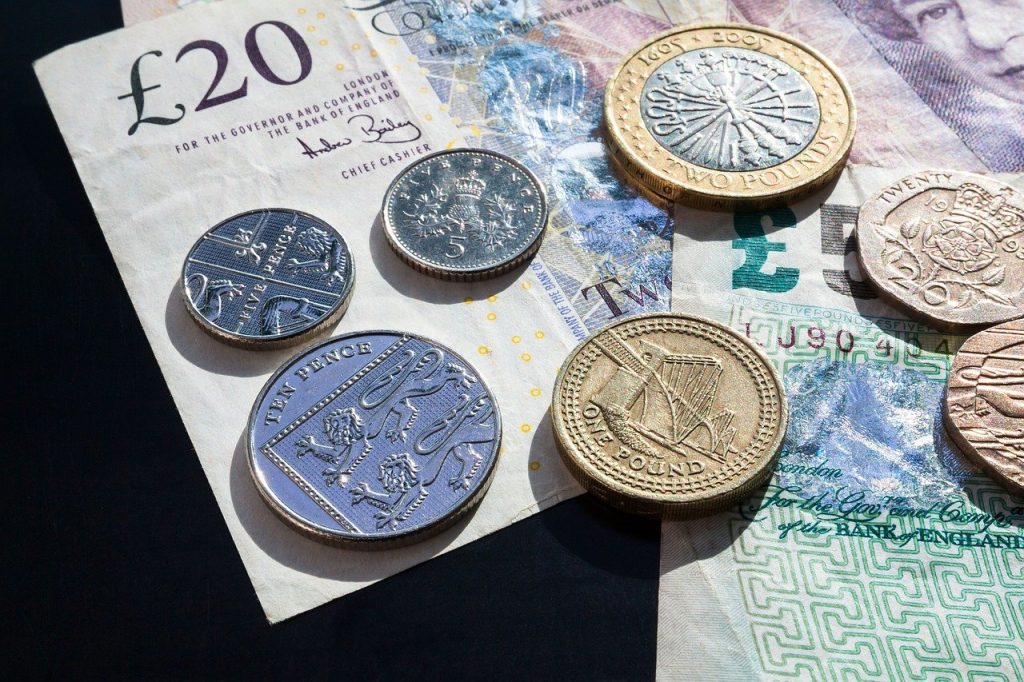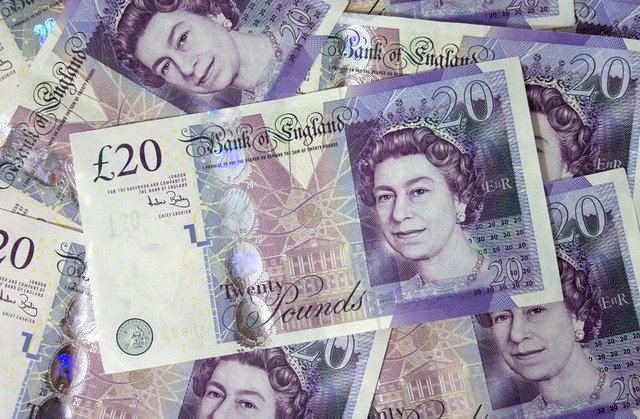Table of Contents
UK Negative interest rates.
Speculation of negative interest rates in the UK has just jumped up another level as it appears that the Bank of England could start to introduce negative interest rates as early as 2021.
In an article published by MarketWatch it states that a Bank of England official said that negative interest rates could provide “significant stimulus”.
Silvana Tenreyro has been an External Member of the Bank of England’s Monetary Policy Committee since July 2017 and currently serves as president of the European Economic Association for 2021.
She indicated that the central bank is working on the feasibility of negative rates.
She also added that the “pass-through to households can be constrained”.
The rate is already at a record low of 0.1%. Negative rates would mean that the rate would be below zero.
Why does the Bank of England want to introduce negative interest rates?


The BOE will tell us that it is in the best interests of the overall economy.
The BOE and their many Professors of Economics, most of whom haven’t run an actual real business in their entire lives, usually try and baffle the public by stating things like: a looser monetary policy can help the economy and bring back inflation targets, but the fact is, the UK has spiralling national debt as well as private debt, and the BOE is running out of options.
Read more about how negative interest rates affects you here.
How a central bank works.
In very simple terms a Central Banks can manipulate the cost of money.
They can do this by raising and lowering interest rates as well as increasing and decreasing the money supply.
If the economy is doing well and there is a long period of economic growth then this prolonged growth can lead to high levels of inflation.
A Central Bank could then increase interest rates to cool down runaway inflation.
If an economy is in decline, then a Central Bank more often than not would simply cut interest rates to encourage people to borrow more money and therefore increase spending.
Sometimes when an economy is flatlining, then Central Banks can use the option of increasing the money supply to try and spur on growth.
Again, if inflation runs too high, then they aim to shrink the money supply.
Central banks constantly move these monetary policy levers up and down to try and prevent major depressions or runaway inflation.
However, because of the current financial situation we find ourselves in, we are now at a point in time whereby rates are already at practically zero. The Bank of England has already done a huge amount of Quantitative Easing (printing money), £895 billion to be exact, so they are simply starting to run out of options to spur economic growth.
Where does the government find all this money?


BullionVault is the world’s largest online investment gold service taking care of $3 billion for more than 85,000 users.
Although many economists will make the answer to this question overly complicated, to keep things simple, the government borrows money because the government is so big, it basically spends more than it gets from income.
Most of this ‘income’ is from taxes such as income tax or VAT.
The fact is, no one wants to raise taxes as it is bad for politicians, people simply won’t vote for them if they state they are going to raise taxes. Also, the more tax, the less people have to spend, which is also bad for the overall economy.
So what does the government do to fill the gap? They borrow the money.
The government borrows money by selling bonds, which is basically an interest-paying IOU.
Mainly financial institutions, pension funds, insurance companies, investment funds, banks and some private investors, buy up these bonds as they consider these as a ‘safe’ investment.
However, with the introduction of quantitative easing, the BOE has also been buying up these bonds.
Again, to make this clear, the Bank of England has so far bought £875bn of government bonds (which is a promise that the UK will pay back these bonds plus interest) with money printed out of thin air!
Some of these are short term bonds, however some lending is up to 30 years or more.
The UK national debt.
The UK national debt has now ballooned to over £2.4 trillion. (Source)
The national debt grows at a rate of £5,170 per second and the debt per TAX payer is now £67.849.
The debt has now reached 99.5% of GDP (gross domestic product).
GDP is the final value of the goods and services produced by a country during a specified period of time, normally a year. This is an important indicator of the economic performance of a country.
So how does the government pay back the debt?
The government has to repay the debt on due dates. However, the government doesn’t have the necessary money, it is already in a huge amount of debt, so what does it do?
The only thing it can do, the government has to borrow new money and take on more debt to pay off the existing debts, which is why the national debt is simply spiralling out of control.
Saving money in a bank account is eating away purchasing power.
All money is essentially credit. With both public and private debts now at epic levels, any increase in interest rates by the Bank of England could cause major financial issues as this could cause a huge wave of defaults.
You also have the fact that if you are saving money in a bank and interest rates go negative then you could well end up paying the bank for the privilege of holding your money.
You would effectively be losing money by simply saving it in a bank account. Add in inflation, and you are losing even more money as inflation eats away at your purchasing power.
The safety of gold.


BullionVault lets private investors around the world access the professional bullion markets. You can benefit from the lowest costs for buying, selling and storing gold and silver.
Gold can be stored outside of the banking system and is, therefore, not susceptible to negative interest rates.
Gold is a strong and reliable store of value, and over time has gone up in value relative to most fiat currencies including the UK pound sterling.
Often, savvy investors use gold as a hedge against inflation as well an insurance policy against systemic risks in the financial system.
With debts rising and with the UK economy struggling to recover, gold could provide a safe haven to protect your wealth as negative interest rates and other unorthodox monetary policies are introduced, eroding your savings and your purchasing power.
BullionVault. It’s free to open an account with Bullion Vault and registration takes less than a minute. There’s no obligation to trade.

